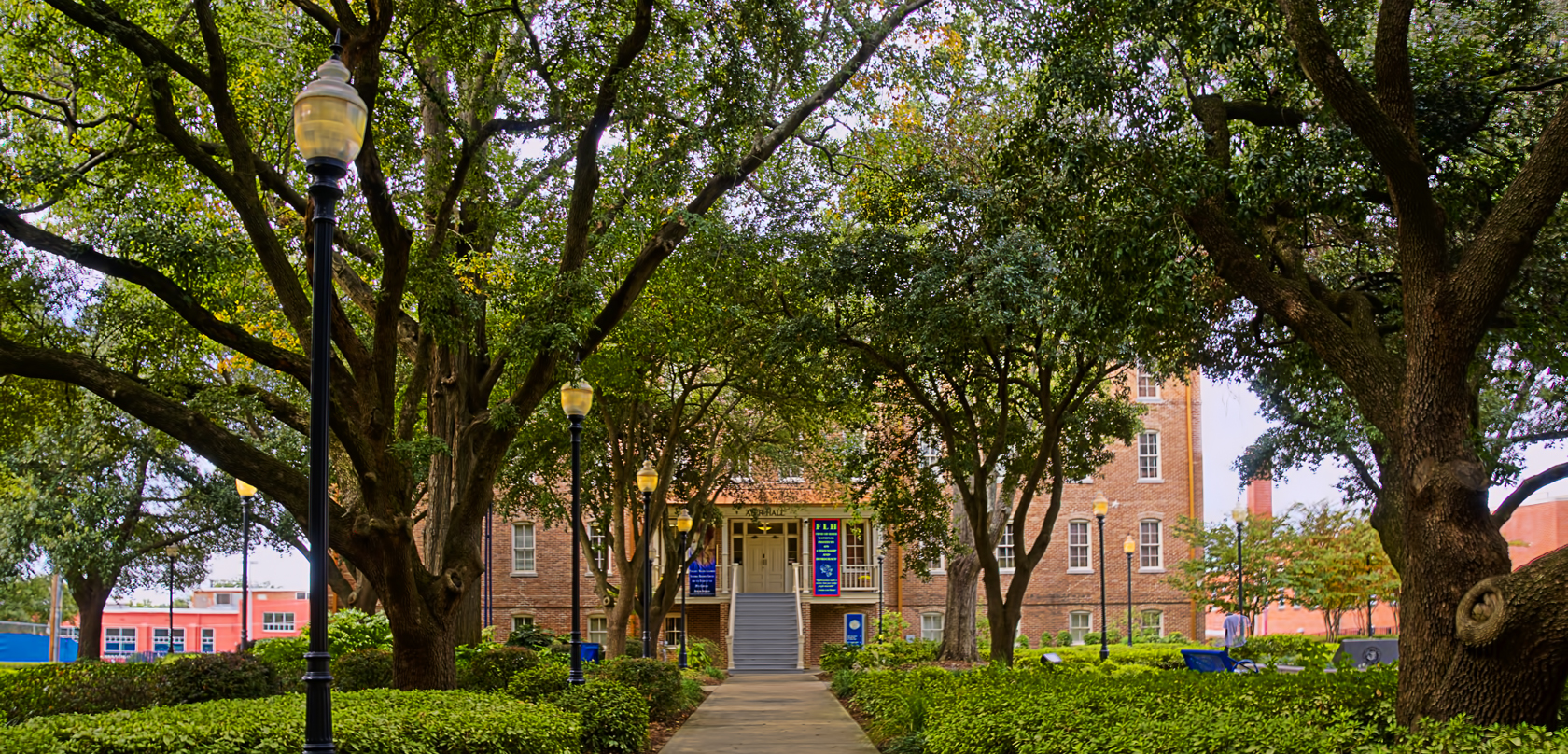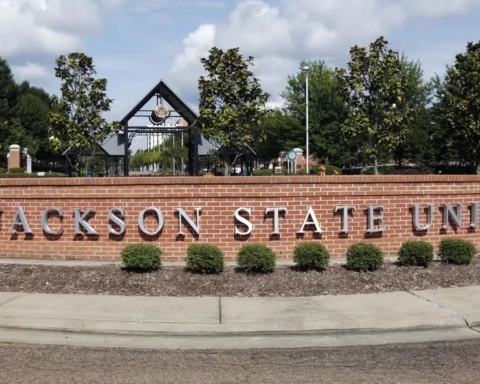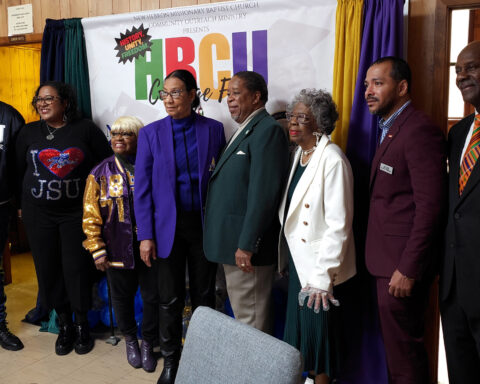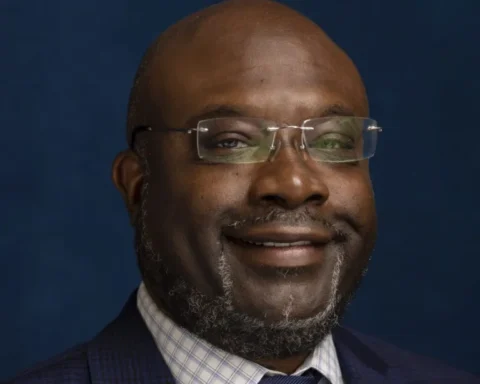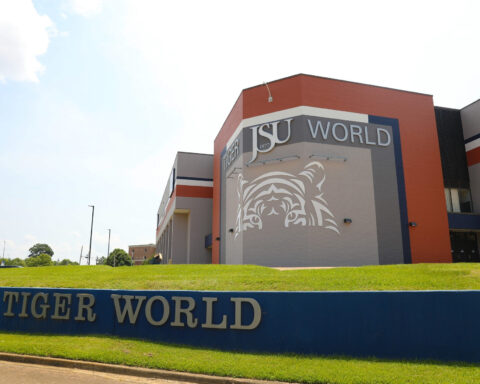By William H. Kelley
The Margaret Walker Center strikes again with support from the Mellon Foundation, landing a $450,000 Humanities in Place grant to fund a two-part project that builds on the center’s expansion while honoring the legacy of Black women at Jackson State University.
“Since 2019, we’ve been lucky to receive three rounds of funding from the Mellon Foundation, and the most current incarnation of that will enable us, over the next year, to do two major projects. The central piece of it is a feasibility study,” said Robert Luckett, Ph.D., director of the Margaret Walker Center and professor of history.
The feasibility study consists of three parts: community engagement, expansion of the Center, and ultimately the development of the Center as a museum and archive.
“We are in a place where everyone recognizes JSU’s strength, and it’s amazing to see. I want to credit the administration here, especially President Hudson, and the fact that we’re at a point where we can actually look at this project and say this is possible,” said Luckett.
The end result will be the design plans and market analysis for a new facility with all of the modern needs of a 21st-century archive to protect historic collections, enable the Center to grow those holdings, and acquire new manuscript collections, personal papers, oral histories, and artifacts.
The newly developed feasibility study will further promote engagement with the surrounding JSU community, the Metro-Jackson area, and beyond. Catering to students, faculty and staff, alumni, and local neighborhoods in the west Jackson area while serving as a staple archive and museum at Jackson State is the real goal of the MWC as they continue to build and expand.
“When I say engagement, I mean literal engagement. We will go to the community of scholars and supporters interested in our work and supporting our work and meet with these people to say how could a new Center best serve you and what can we do as we’re planning this to serve you,” said Luckett. “It will include updated designs based on those suggestions and architectural renderings.”
The other project made possible by this round of Mellon funding is the fabrication and installation of a permanent Margaret Walker exhibit detailing the poet and novelist’s life. The exhibit will serve as a lens into the African American experience in Mississippi while honoring Walker’s impact on the 20th century. It will also highlight Walker’s contributions and efforts in leading the preservation of Black history and culture.
“Her life was the 20th century. In 1973, Margaret founded what she called her Black Studies Institute, but the official name was Institute for the Study of the History, Life, and Culture of Black People,” Luckett said.
The professor explained that Walker was at the forefront of the Black Studies movement in 1968, credited as the year that academic programs around the studies of Black people and culture were first introduced to college campuses.
Before Walker’s retirement, she hosted some of the first national convenings and conferences on Black Studies. One, in particular, the Phillis Wheatley Poetry Festival, brought 30 of the leading Black women writers and poets to the campus of JSU, then Jackson State College.
According to Luckett, the grant is perfect timing based on the existing plans underway at the Margaret Walker Center. The installation of this exhibit is set to fall in line with the 50th anniversary of the Phillis Wheatley Poetry Festival.
“We have all the collections, the papers, and these beautiful photographs of these women on our campus. Of the original women who convened here in 1973, 10 are still alive,” said Luckett, listing names such as Alice Walker, Sonia Sanchez, Nikki Giovanni, Paula Giddings, Charlayne Hunter-Gault, and Tonea Stewart as potential guests.
“We are inviting them all back to serve as honorary co-chairs of this 50th-anniversary convening and to serve, and participate, in intergenerational conversations with this new generation of incredible Black women writers such as Jesmyn Ward, Angie Thomas, Nikole Hannah-Jones, and Imani Perry.”
According to Luckett, potential participants will have the opportunity to propose presentations for creative writing at the conference, as well as literary analysis and scholarship focused on Black women writers.
The revival of the festival, scheduled to come to life in November 2023, resulted from previously earned grants from the Mellon Foundation. The goal is to announce the results of the feasibility study and to open the exhibit in time for the convening of the 50th anniversary of the Phillis Wheatley Poetry Festival.

